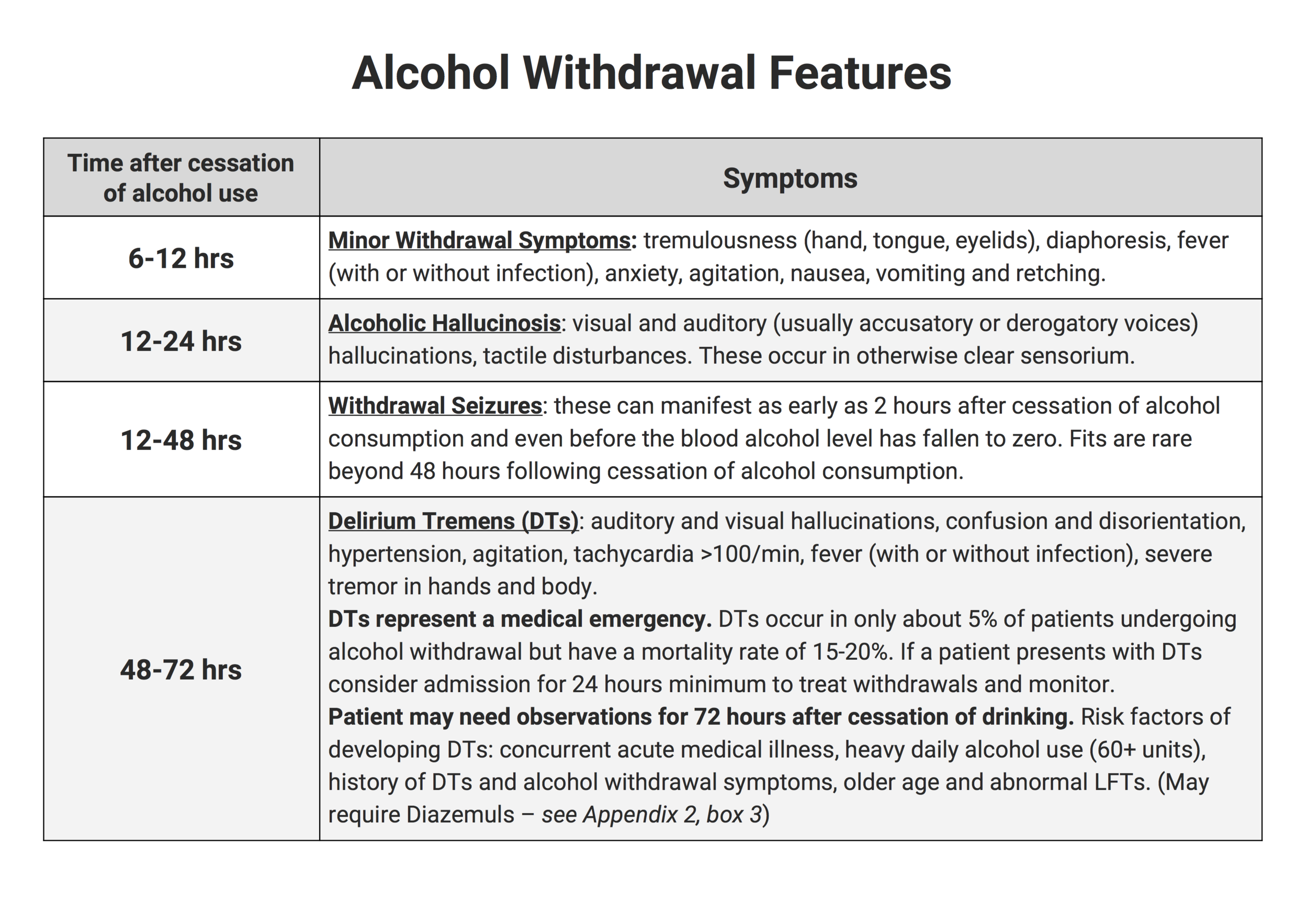#SimBlog: The Silver Swiller
““65-year-old, 2 days D&V now confused, tachycardic & tachypnoeic. Ambulance crew suspect sepsis. Patient had a short self-terminating seizure just prior to arrival in ED.””
Observations
A – Patent
B – RR 24, Sats 94% (21%)
C – HR 124, BP 109/66
D – GCS E2 V2 M5 (9)
E – Temp 36.2°C
Clinical Findings
Low GCS
Blood glucose 5.7
Had self-terminating seizure lasting 1-2 minutes shortly after arrival in ED
Collateral History From Family:
Profuse vomiting for 2 days, not managing to keep anything down. Family concerned as her alcohol intake has increased significantly over the past few weeks
Why we simulated?
"Older people tend to drink less alcohol than younger people, but even so 1 in 5 older men and 1 in 10 older women are drinking enough to harm themselves. These figures have increased by 40 per cent in men and 100 per cent in women over the past 20 years." – Royal College of Psychiatrists, 2012
Couple the above statistics with the fact that the elderly population is increasing rapidly and it is easy to see that Alcohol-use disorders in older people presents a significant public health problem.
Age related physiological changes mean that alcohol can have a more profound effect on older people. The Royal College of Psychiatrists has suggested that recommended maximum daily limits should be as low as 1.5 units per day for those over the age of 65 years.
Alcohol use disorders in the elderly are often overlooked. They can present in non-specific ways such as falls, mental health problems, altered mental state and self-neglect which in themselves are associated with ageing. It is important to consider alcohol as a contributing factor in any elderly patient attending the Emergency Department.
Alcohol withdrawal can present with a spectrum of symptoms which progress as time goes on (see gallery below). Delerium Tremens carries a mortality rate of 15-20% so it is important not to miss this diagnosis.
Locally we use the Glasgow Modified Alcohol Withdrawal Scale to guide our management of withdrawal. This involves scoring your patients based on five criteria (see gallery below):
- Tremor
- Sweating
- Hallucinations
- Orientation
- Agitation
References:
- Royal College Of Psychiatrists – Alcohol and Older People
- Dar, K. Alcohol Use Disorders in Elderly People: Fact or Fiction? Advances in Psychiatric Treatment. (2006), vol 12, p173-181 – Full Text Link
Further reading:
- Royal College of Psychiatrists – CR165: Our Invisible Addicts
Learning outcomes
Always take an alcohol history in a patient presenting with seizures.
Take a thorough history from the pre-hospital personnel.
It is essential when prescribing/administering Pabrinex that both vials 1 & 2 are given as they contain different ingredients.
Positive feedback
Considered wide range of potential causes of seizures.
Good preparation & allocation of roles prior to patient arrival.
Good communication within team and with patient.









